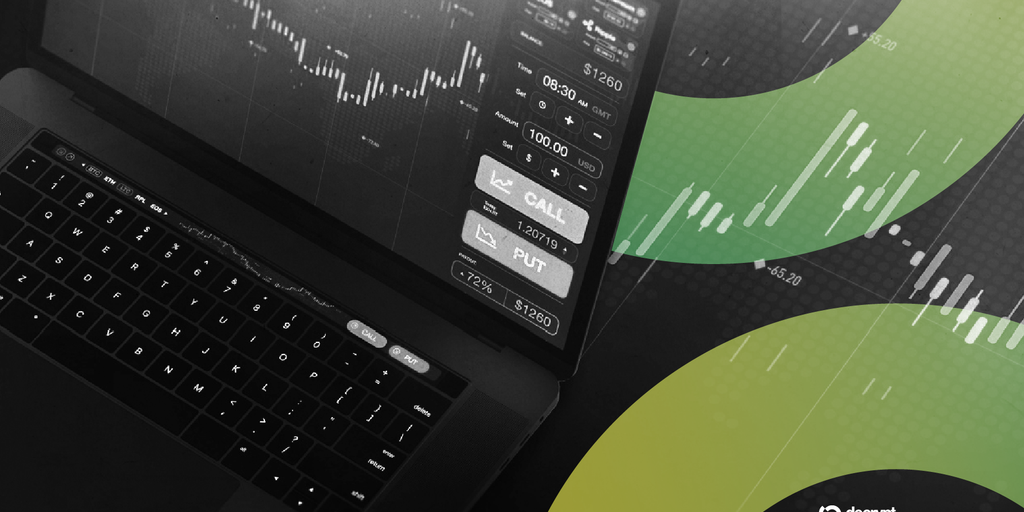
In brief
- A $237 million Polymarket market on Zelenskyy’s attire resolved to “No” despite widespread visual and media claims he wore a suit.
- UMA’s oracle cited a lack of “credible reporting consensus” in its July 1 ruling, sparking backlash and allegations of inconsistency.
- Critics argue token-weighted voting enabled outcome manipulation, while community-led proposals for reform were dismissed.
A high-profile Polymarket contract asking whether Ukrainian President Volodymyr Zelenskyy would wear a suit before July closed with a final resolution of “No” on Tuesday evening, despite widespread media coverage and images suggesting otherwise.
Tuesday’s final review followed a series of disputes, beginning with a challenge to an initial “Yes” outcome. That result was later overturned in favour of “No” after a second review, before being finalized.
The latter “No” outcome triggered backlash from users and commentators across crypto circles, reigniting concerns over market governance, resolution standards, and the role of token-weighted voting in decentralized protocols.
The market, which attracted more than $237 million in trading volume, was among Polymarket’s most active this year. It asked whether Zelenskyy would be “photographed or videotaped wearing a suit” between March 22 and June 30.
A decentralized oracle system operated by UMA was responsible for adjudicating the outcome, which relied on a “consensus of credible reporting.”
On June 24, Zelenskyy appeared at a NATO event in the Netherlands wearing a black jacket, matching trousers, and a collared shirt, an outfit described by numerous media outlets as a suit.
Yet on July 1, UMA’s oracle ruled that the reporting consensus had not been sufficiently established and finalized the outcome as “No.”
The decision prompted accusations of inconsistency, with critics citing prior media reports and visual evidence. Others argued the rejection of “Yes” was based on precedent from a similar market in May, where a nearly identical outfit was also deemed insufficient to meet the criteria.
A live broadcast by controversial figure Martin Shkreli on July 1 added fuel to the controversy, calling the resolution process a “scam” and claiming he would raise concerns with one of Polymarket’s major investors.
The controversy even generated interest among punters across rival predictions markets, including Myriad Markets, to take a bet on whether Polymarket would resolve its Zelenskyy outcome to either “Yes” or “No.”
(Disclaimer: Myriad Markets is owned by Decrypt’s parent company Dastan)
That same day, community proposals urging Polymarket to reassess the decision or form an integrity team were formally rejected, despite each receiving hundreds of upvotes.
More than 40 global media headlines referring to the outfit as a suit have since been compiled by users advocating for a review of the decision.
Several prominent crypto commentators, journalists, and protocol contributors have publicly questioned the integrity of the ruling, noting the potential for token-rich stakeholders to influence UMA outcomes through majority vote rather than unique consensus.
Polymarket has not indicated plans to revisit the decision. The platform did not immediately respond to Decrypt’s request for comment.
Daily Debrief Newsletter
Start every day with the top news stories right now, plus original features, a podcast, videos and more.
https://decrypt.co/329210/polymarket-rules-no-237m-bet-zelenskyys








